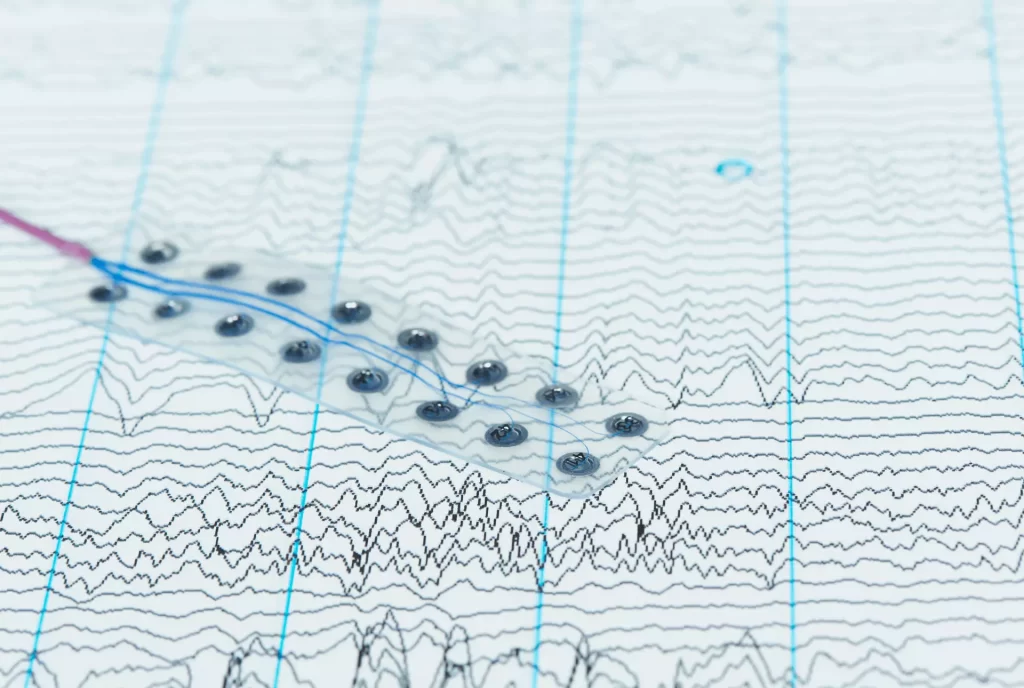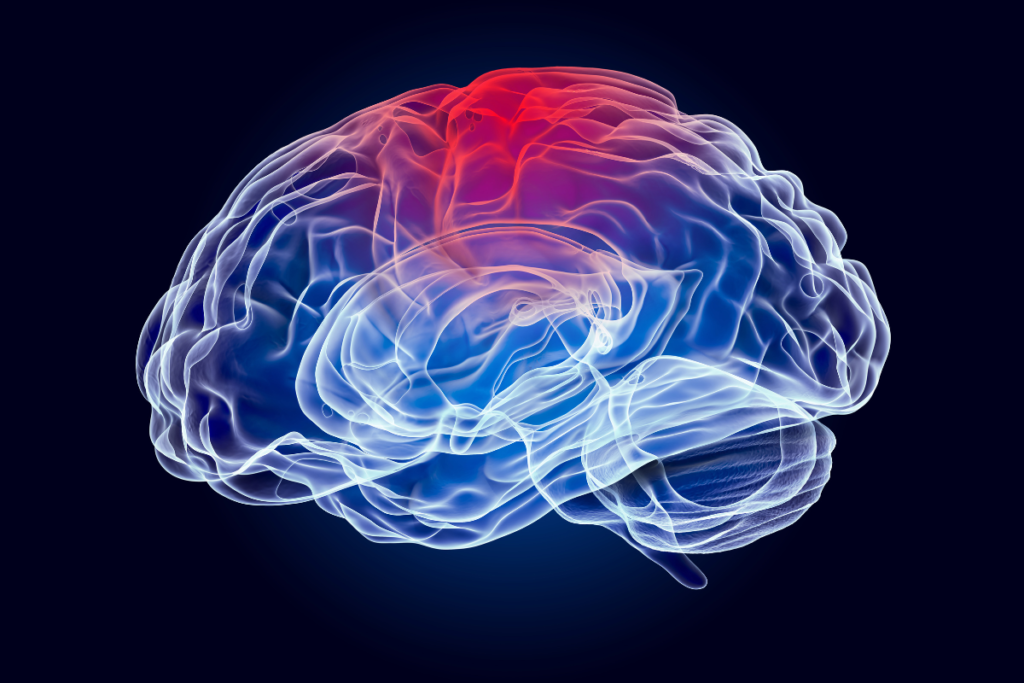We are developing sensors to monitor vital brain functions
The minimally invasive, continuous and long-term measurement of intracranial pressure (ICP)
ELEVATED ICP SYMPTOMS
Patients experience nausea, vomiting, headaches, seizures, altered mental status, visual disturbances; could be fatal
DISEASE SURVEILLANCE
ICP elevations signal progression of chronic conditions including hydrocephalus, headaches, and brain cancers
EARLY INTERVENTION
Reducing patient morbidity through long-term ambulatory sensing of ICP, enabling earlier interventions to normalize ICP
What is SensoBrain?
Real-time and continuous ICP monitoring is vital to diagnose serious brain conditions
Traumatic Brain Injury
There is a relationship between intracranial hypertension and mortality after severe traumatic brain injury (sTBI). This relationship becomes proportionally greater as the ICP increases with a six-fold increased risk of death when ICP is greater than 40 mm Hg.
Hydrocephalus
Hydrocephalus is a medical condition in which there is an abnormal accumulation of cerebrospinal fluid (CSF) within the ventricular system of the brain. In hydrocephalus, the normal flow or absorption of the cerebrospinal fluid is disrupted, causing it to build up within the ventricular system. This excess fluid increases the pressure within the skull, which can damage the brain and surrounding tissues.
Brain Tumors
Brain tumors inevitably lead to leaky blood vessels that permit excessive fluid to escape into the brain, causing edema (or swelling). This can lead to similar symptoms caused by hydrocephalus, including headaches, seizures, nausea/vomiting, and reduced level of consciousness, and could also be fatal.
Chronic Headaches
Chronic headaches can be a symptom of elevated ICP. Headaches caused by ICP are typically severe and are often accompanied by other symptoms such as nausea, vomiting, and changes in vision.
Stroke
ICP can be a complication of stroke, which is a medical condition that occurs when the blood supply to the brain is disrupted, resulting in brain tissue damage. Elevated ICP can put pressure on the brain tissue and cause additional damage, potentially leading to neurological deficits and other complications.
Our team
We have a unique team of experienced scientists, neurologists and engineers.
Our Technology
(How it works)
ICP sensor is implanted at the time of surgery (shunt placement for hydrocephalus or brain tumor removal), or in the sub-acute setting after a TBI
Measurements recorded during and post-hospitalization
Data uploaded to secure cloud and analyzed
Emergency notification and early intervention to reduce morbidity
Summary report available for healthcare professional review
Value of SensoBrain
At the intersection of digital health, preventive healthcare, and precision medicine
MEDICAL
• Early identification of patient-specific ICP patterns with AI & machine learning
• Better understanding of ICP and its relationship with daily activities and other medical conditions


CLINICAL PRACTICE
• Helps increase clinical efficiency and optimizes workflow
• Helps improve patient engagement and compliance
• Ensures recurring revenue during lifetime of monitoring
PATIENTS
• Earlier diagnosis or identification of disease progression
• Reduces morbidity and, possibly, death
• Reducing economic burden of conditions related to elevated ICP

Challenges in ICP Monitoring
- Limited understanding of ICP dynamics and treatment response monitoring
- Interrogating brain ventricular shunts poses infection and other morbidity risks
- Patient morbidity
- Increased costs due to need for shunt revision surgeries
- ICP measurements limited to hospitalized patients in intensive care units
Pros of Our Technology
Current Devices
- Expensive
- Limited to In-Hospital use
- Accuracy Issues
- Adverse Effects
- Extensive Requirements

SensoBrain Device
- Easy to Use
- Electronics Free
- Power Free
- Non-Invasive Measurements
- MRI Compatible
- Biocompatible
- Ultra Sensitive
- Easily Accessible



